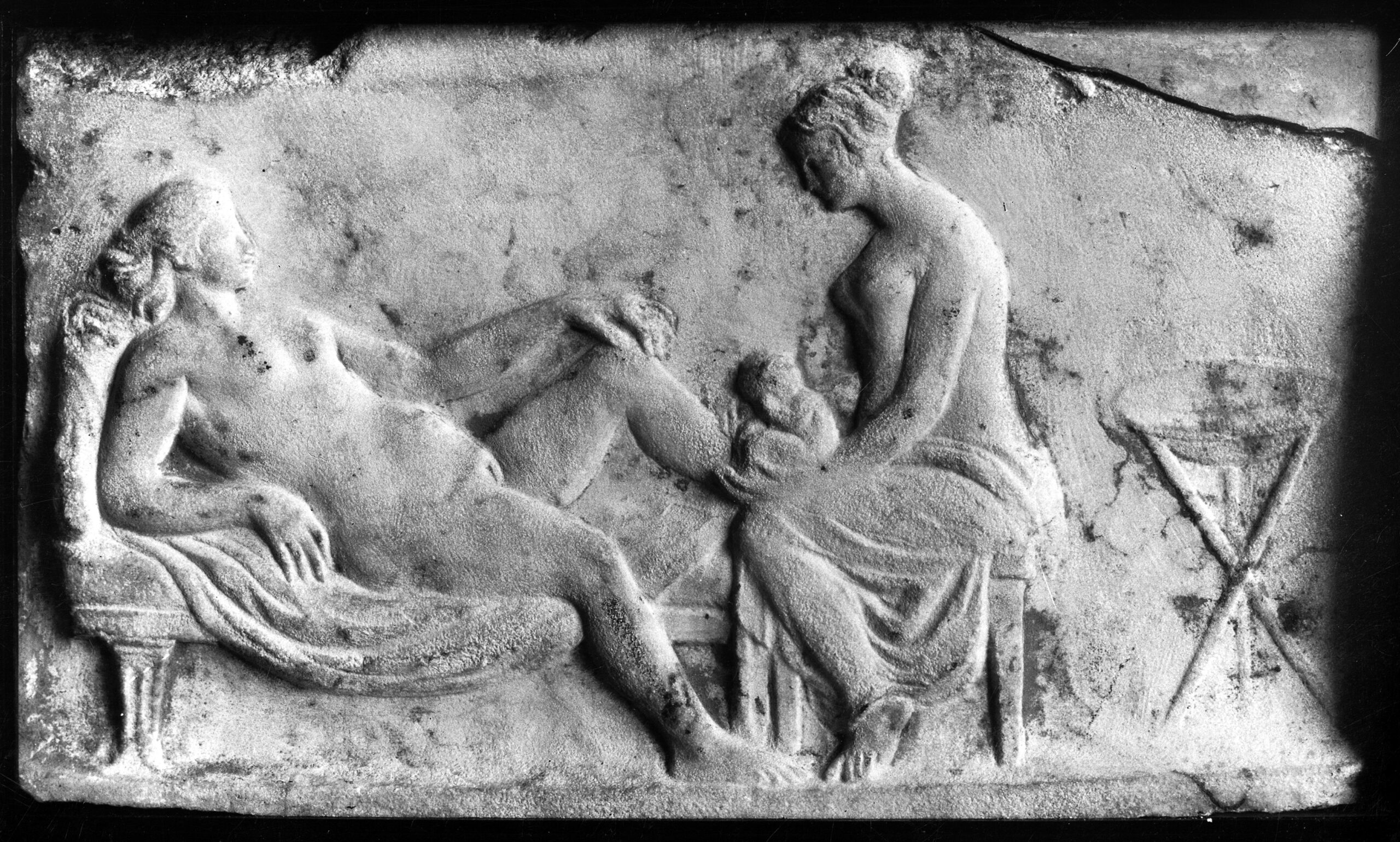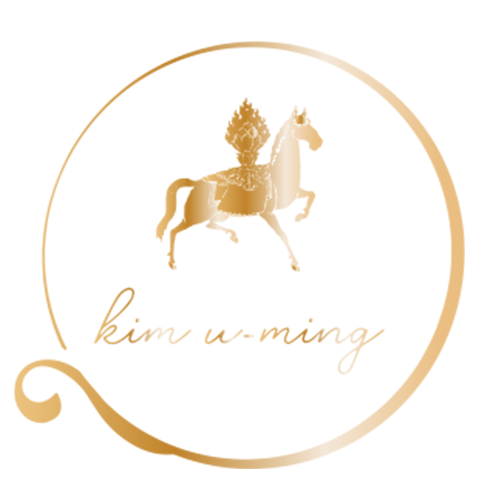
“To know what you know and what you do not know, that is true knowledge.” – Confucius
In the ever-changing realm of medicine, epistemological arrogance—where established knowledge dismisses alternative viewpoints—has frequently overshadowed diverse healing methodologies. This attitude has marginalized and persecuted many, particularly female healers, whose contributions were sidelined by a predominantly male medical establishment. Today, we observe similar patterns where valuable practices are initially disregarded, only to be later embraced and rebranded by mainstream medicine after receiving scientific validation.
Ancient practices like meditation, yoga, and qigong offer profound insights into harmonious living. However, their modern commercialization raises significant ethical and cultural concerns. When commodified, their deeper meanings and cultural significance are often lost. For example, yoga, a profound spiritual discipline rooted in ancient Indian philosophy, is frequently marketed merely as a trendy fitness regime. Similarly, qigong, an ancient Chinese practice combining physical postures, breathing techniques, and focused intention, is sometimes reduced to a simple relaxation technique, stripped of its spiritual and philosophical foundations.
The monetization of traditional wisdom through courses, certifications, and online content often prioritizes profit over the preservation and respectful dissemination of these practices. Financial benefits typically accrue to those who market and sell these practices rather than to the communities from which they originate. Traditional wisdom, once freely shared within communities, becomes commodified, starkly contrasting with its inclusive nature. The depth and efficacy of these ancient practices are compromised when stripped of their original context and meaning.
Historically, women served as midwives, herbalists, and healers, drawing on a deep, empirical understanding of local plants and holistic health approaches. This knowledge, passed down through generations, formed a vibrant mosaic of healing traditions. However, the rise of the male-dominated medical profession during the Renaissance marked a turning point. The witch hunts of the 15th to 17th centuries, driven by professional rivalry, saw many women accused of witchcraft and executed. Midwives, herbalists, and healers were often targeted during periods of persecution, their practices deemed inferior to formal medicine. Ironically, many natural remedies once dismissed are now rediscovered and validated by modern science. Plants like St. John’s Wort, used for centuries to alleviate depression, and willow bark, the precursor to aspirin, are now well-documented and widely accepted.
Today, many natural, alternative, and traditional therapies have undergone rigorous scientific investigation. Studies demonstrating their efficacy lead to a re-evaluation by the mainstream medical community. Take acupuncture, for instance. Extensive research has shown its effectiveness in pain management and other conditions, leading to its acceptance in many mainstream practices. Yet, the original practitioners and cultural contexts are often overlooked. The mainstream medical community may claim ownership of these practices, presenting the domesticated versions as new discoveries. Mindfulness meditation, rooted in ancient traditions, is now widely used in Western psychological treatments such as Mindfulness-Based Stress Reduction (MBSR).
Modern examples of this pattern abound. Turmeric and curcumin, long used in Ayurvedic and traditional Chinese medicine for their anti-inflammatory and antioxidant properties, are now celebrated as “superfoods” in the Western world, often overshadowing their traditional knowledge and cultural significance.
This history illustrates the dangers of epistemological arrogance. Overconfidence not only marginalized and persecuted women healers but also led to a significant loss of valuable knowledge. Recognizing and valuing diverse forms of knowledge is crucial for advancing medical science and ensuring comprehensive healthcare. By learning from history, there is an opportunity to appreciate the contributions of all knowledge systems and avoid dismissing valuable insights due to intellectual narrow-mindedness. This approach will lead to a more holistic and effective healthcare paradigm that respects and integrates diverse medical traditions.
Honoring the contributions of all healers and working towards a future where diverse knowledge systems are respected benefits everyone. This perspective fosters a richer, more inclusive understanding of health and healing. By reflecting on historical patterns and recognizing the value in all healing traditions, a more compassionate and comprehensive approach to holistic health can be embraced. Integrating the wisdom of ancestors into modern practices creates a harmonious blend of tradition and innovation that serves the greater good.
